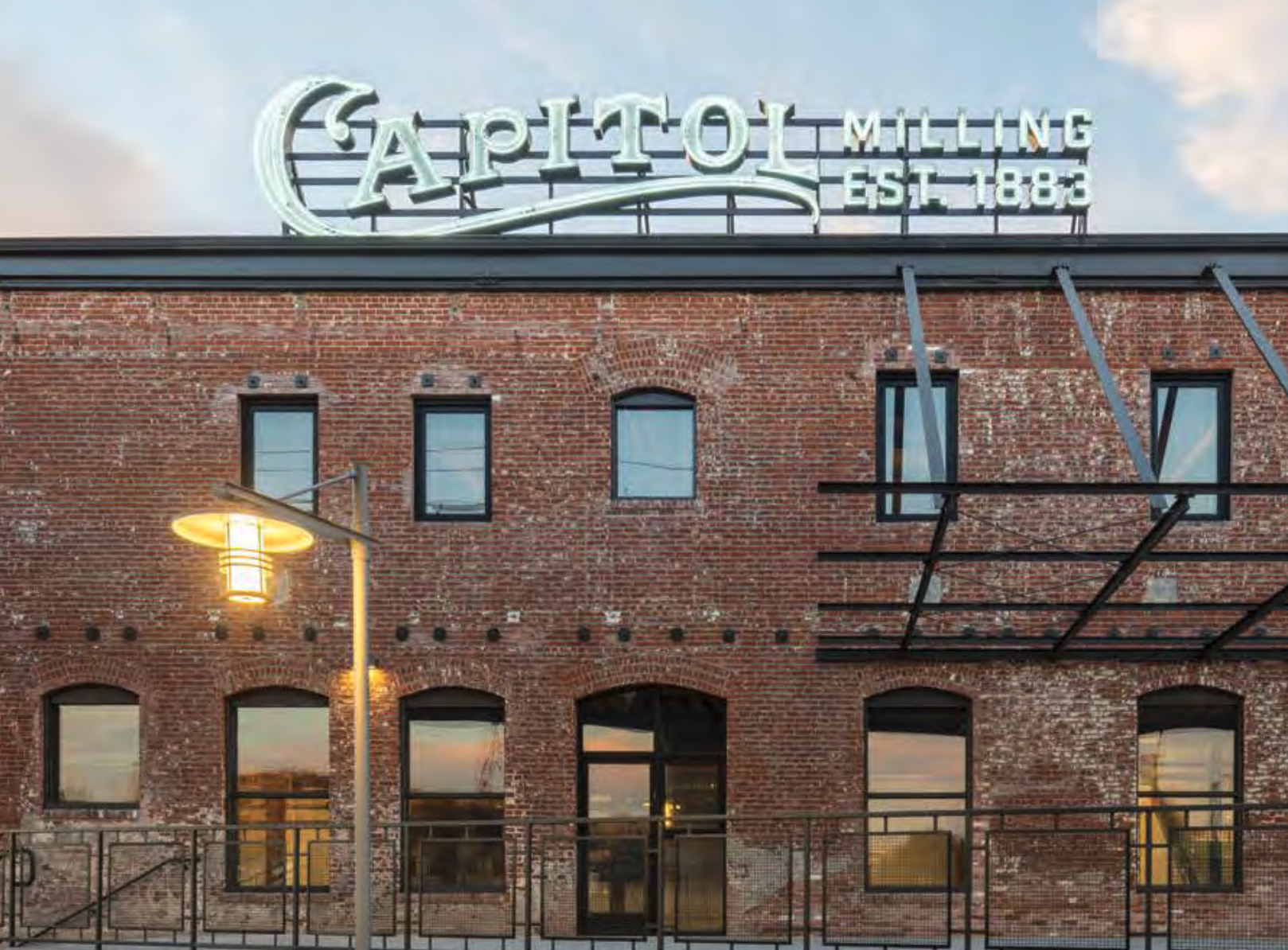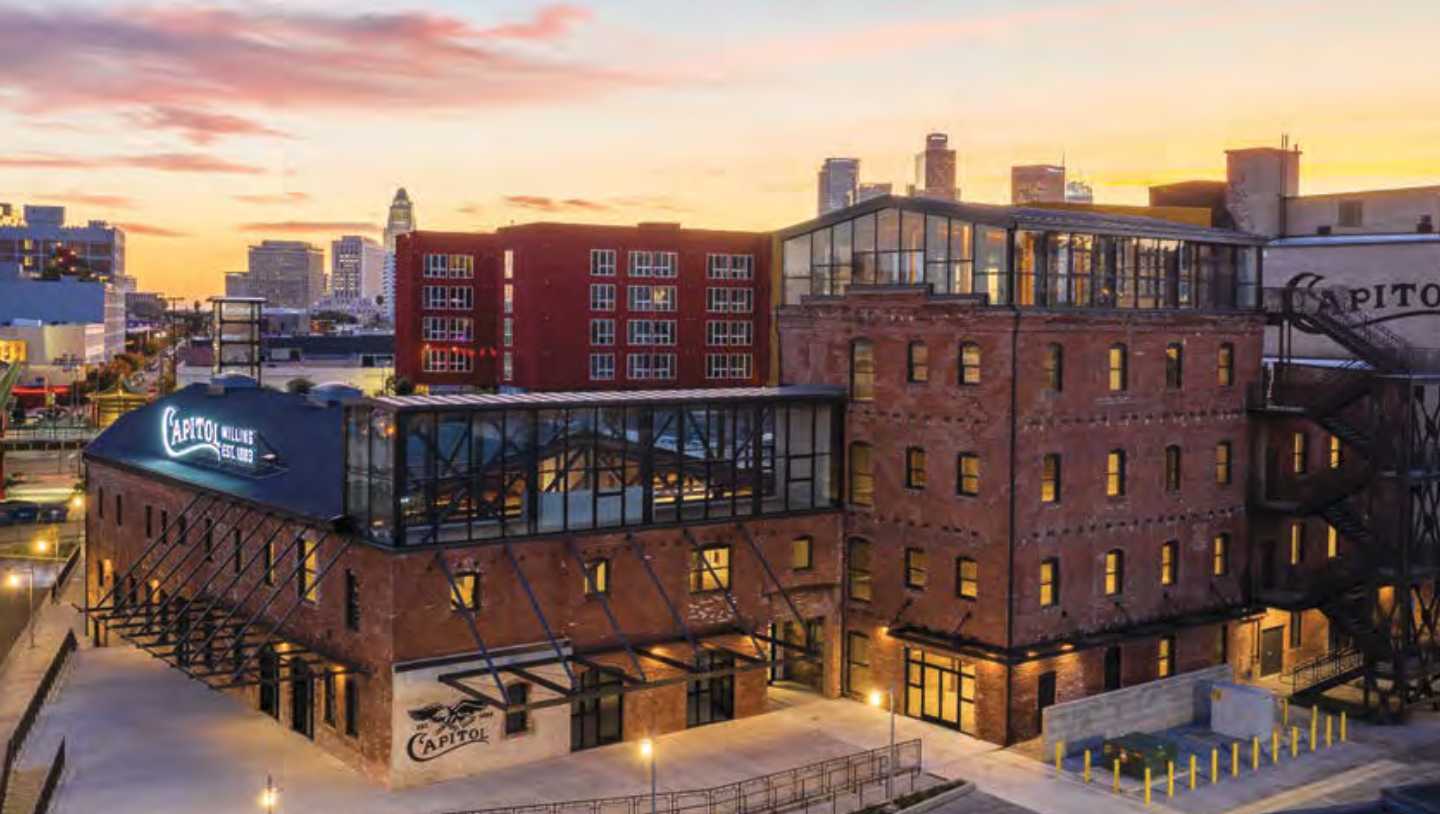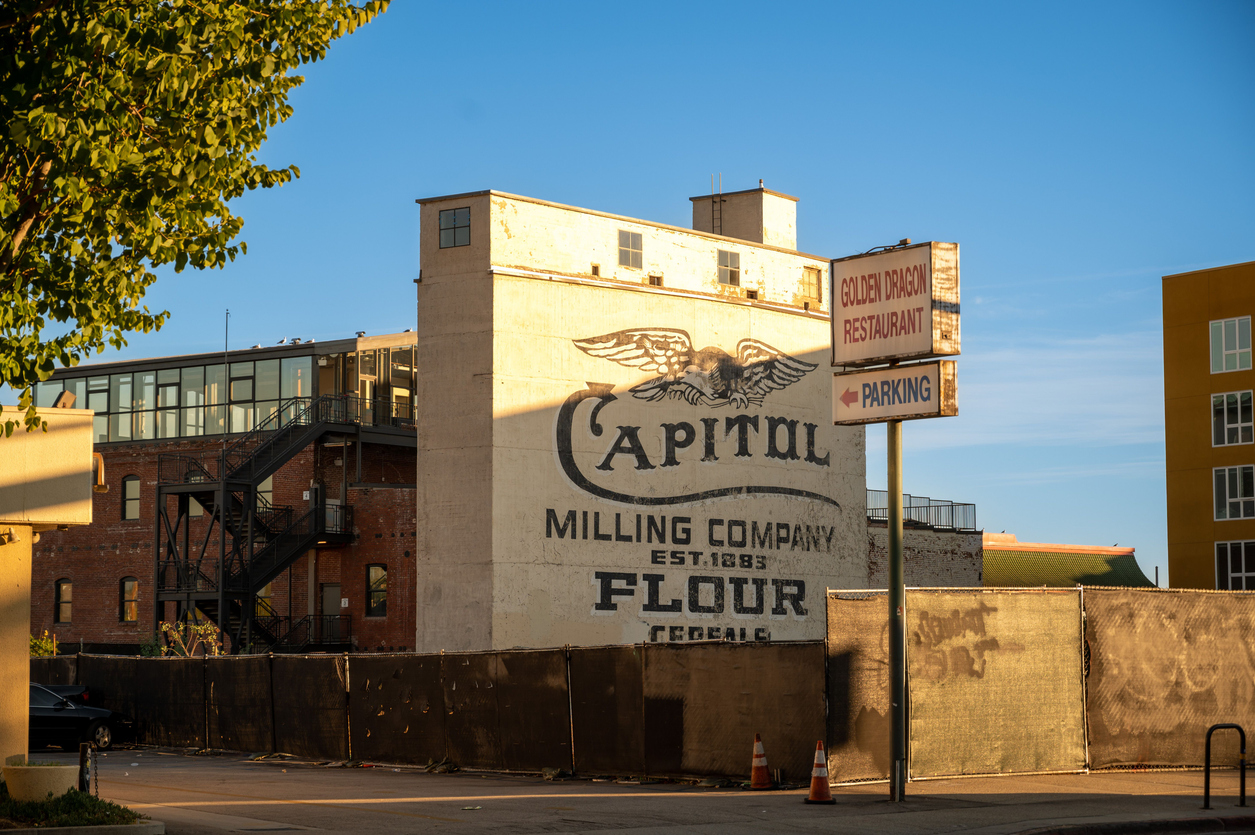LOS ANGELES — In the heart of Chinatown, where the clang of the Metro Gold Line mingles with the scent of spices and freshly baked pastries, a quiet revolution is underway. Fiestic, a brand known for crafting immersive experiences, has acquired its latest location at 1231 N. Spring Street in the historic Capitol Milling Building — a site that whispers tales of Los Angeles’ industrial ascent.
Stepping inside, visitors find themselves enveloped in the raw beauty of history — weathered brick walls, timber beams aged by time, and vast open spaces that once buzzed with the rhythmic hum of grain grinding. This is not merely another retail or event space for Fiestic. It is a declaration — a testament to the brand’s commitment to honoring tradition while sculpting the future.
A Legacy Built on Grain

The Capitol Milling Building’s story begins in 1838, when Abel Stearns, one of Los Angeles’ earliest entrepreneurs, established a humble flour mill here, powered by the Zanja Madre, the city’s first aqueduct. Over decades, the mill evolved under the stewardship of Jacob Loew, a prominent figure in the city’s Jewish community, whose family ran the mill until 1998 — making it the longest-running family-owned business in Los Angeles.
But the story did not end there. In the early 2000s, the Riboli family — themselves stewards of a Los Angeles legacy — saw potential in the aging complex. Known for their San Antonio Winery, a family business founded in 1917 by Santo Cambianica, the Ribolis transformed the mill into a vibrant hub of retail and dining, preserving its historic character.
THE RIBOLI FAMILY LEGACY
 The Riboli family legacy began more than 100 years ago in 1917 when Santo Cambianica opened the San Antonio Winery. Shortly thereafter, in 1919, Congress passed nationwide prohibition on alcohol. Leveraging his strong relationship with the Archdiocese of Los Angeles, Santo was permitted to distil wine for sacramental and ceremonial purposes.
The Riboli family legacy began more than 100 years ago in 1917 when Santo Cambianica opened the San Antonio Winery. Shortly thereafter, in 1919, Congress passed nationwide prohibition on alcohol. Leveraging his strong relationship with the Archdiocese of Los Angeles, Santo was permitted to distil wine for sacramental and ceremonial purposes.
In 1936, a young Stefano Riboli emigrated from Italy for an apprenticeship under his uncle Santo. Eight years after arriving, Stefano spotted Maddalena Satragni driving a tractor on her parents’ farm in Chino, California. It was love at first sight, and they were married less than two years later.
Today, the Riboli Family operates the oldest and largest winery in Los Angeles and recently expanded their legacy with a sustainable winery in Paso Robles. Their commitment to excellence now extends to the revitalization of the Capitol Milling complex.
Fiestic’s Vision in a Timeless Setting

Fiestic’s new space at Capitol Milling is more than just a venue — it is a canvas for the brand’s mission to blend tradition and innovation. With its rich history, the building provides a narrative backdrop for the immersive experiences Fiestic is known for — from curated events to creative workshops.
“We chose Capitol Milling because it is a place where history and creativity intersect,” a Fiestic spokesperson said. “This is where stories are told, and new ones are born.”
As Los Angeles continues its march toward the future, the Capitol Milling Building — with Fiestic at its heart — stands as a bridge between the city’s industrial past and its creative present, a place where the hum of history and the pulse of modern life come together in a perfect blend.

